After a disappointing early exit in the singles round at the 2025 Australian Open, many Chinese tennis fans were left wondering if Zhang Zhizhen could redeem himself in the doubles competition. Despite the initial setback, Zhang proved that the doubles court was where he truly shone this year. His hard-fought victory, which took two hours of intense play, not only secured him and his partner Mahachi a spot in the round of 16 but also reignited hope for Chinese tennis enthusiasts who had faced repeated disappointments.
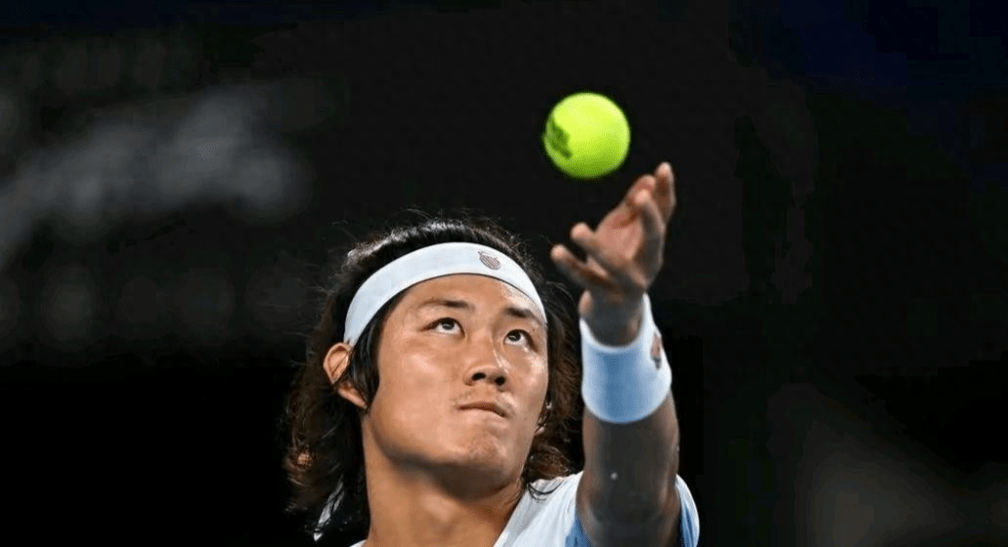
Zhang's journey at the Australian Open was akin to an emotional rollercoaster. His early exit from the singles event, facing top international players, highlighted the technical and psychological challenges he encountered. It was no surprise, considering the relatively short history of men's tennis in China compared to global powerhouses. The pressure on Zhang, as the "number one" player in Chinese men's tennis, was immense. He had previously achieved significant moments in singles, including reaching the second round of a Grand Slam and ranking among the world's top 100. However, when pitted against high-level opponents, his performance often fell short, revealing vulnerabilities. Yet, Zhang did not let these shortcomings define him entirely. The inconsistencies in his singles game might be more indicative of psychological development and match experience than a lack of ability.
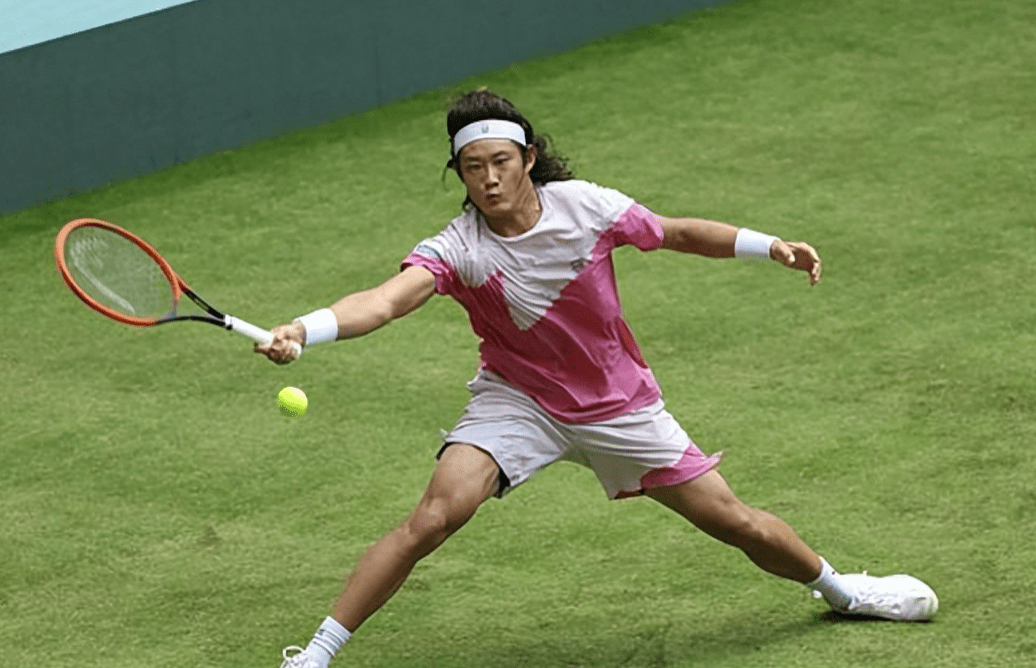
The disappointment of losing in the first round of singles was quickly overshadowed by Zhang's resurgence in the doubles arena. His thrilling comeback victory, with scores of 5-7, 6-4, 6-4, was not just about impressive technical skill but also a psychological battle that captivated the audience. Starting with a loss in the first set put them at a disadvantage, but Zhang and Mahachi exchanged a determined glance, signaling that the fight was far from over.
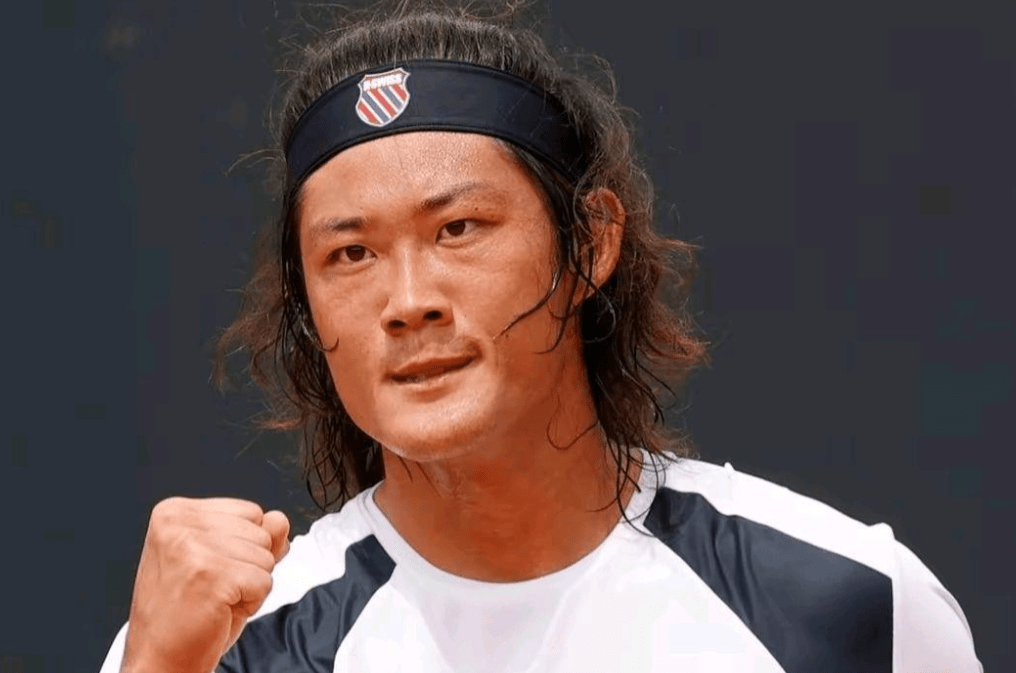
The shift from being behind to taking the lead was fraught with challenges. They adjusted their strategy, moving from baseline defense to more agile net play. Mahachi's precise shots and Zhang's steady returns increased the pressure on their German opponents. Their successful break of serve twice in the opponent's service games gave them full control. This was not just a test of technical prowess but also of mental fortitude and tactical acumen.
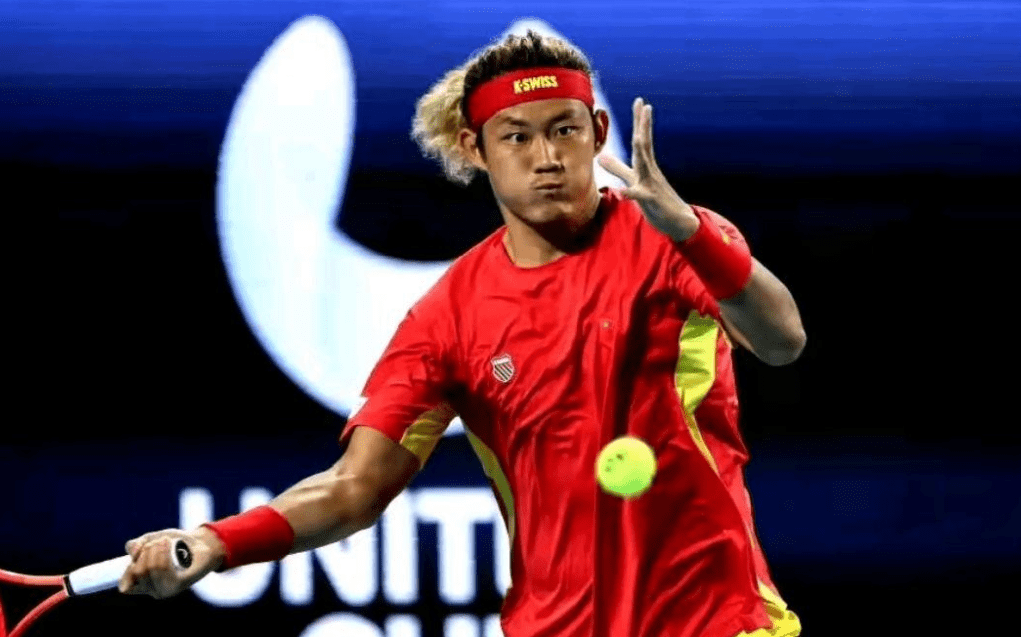
Some may wonder how Zhang suddenly found his breakthrough. In reality, it was the culmination of his long-term dedication to doubles teamwork and tactical execution. As experts say, "Doubles is more complex than singles; it requires not just individual strength but a synergy and close cooperation between partners." Zhang and Mahachi's partnership can be described simply: "You don't enter the house unless you're family."

Zhang's victory is not just a personal highlight but also reflects the budding rise of Chinese men's tennis. Traditionally, when discussing Chinese tennis, it's the "Golden Flowers" like Li Na, who won the French Open and Australian Open, or later talents such as Zhang Shuai and Zheng Qinwen, that come to mind. Men's tennis, on the other hand, has often been seen as lagging behind. Despite recent progress with players like Zhang, Wu Yibing, and Shang Juncheng making their marks in Grand Slams, there is still a distance to reach the pinnacle of the world stage.
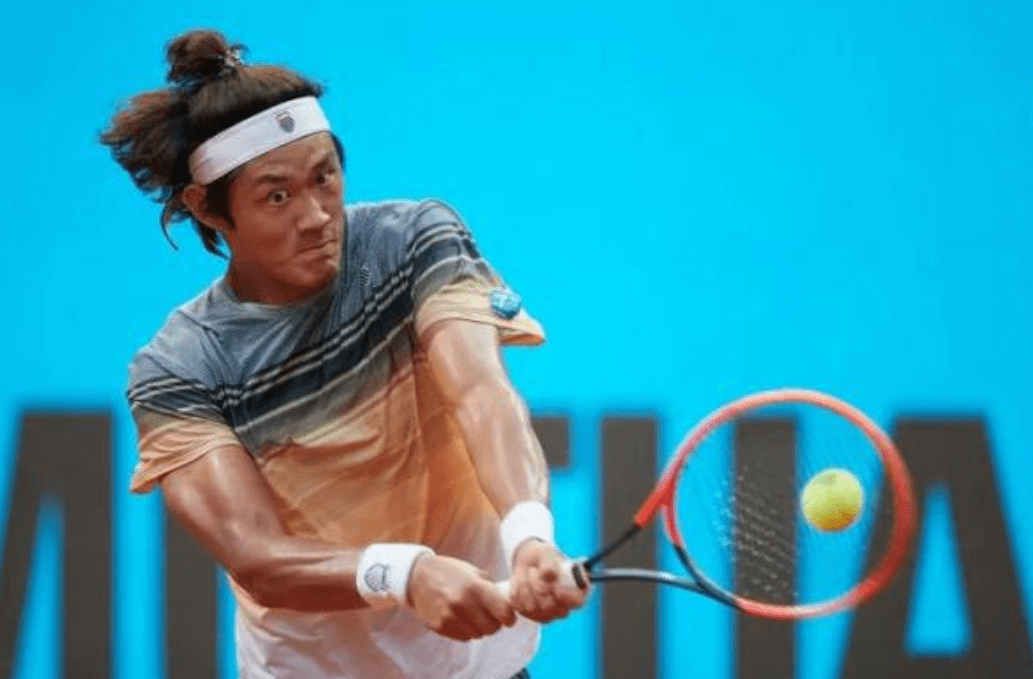
It's encouraging that Zhang's doubles achievements are among the few bright spots in recent years. His consecutive entries into the Australian Open men's doubles round of 16 are no fluke. This represents the maturing of the Chinese men's tennis system. In recent years, we've seen more young players venturing abroad, like Wu Yibing breaking the "zero-win" curse with a Grand Slam victory and Shang Juncheng, the emerging "post-00s" player, gaining international attention.

However, these accomplishments do not mean that Chinese men's tennis can rest on its laurels. There is still work to be done in resource allocation, participation in international events, and how players manage high-pressure environments. Zhang's experiences serve as a mirror, showing that while there is talent and determination, achieving tangible results requires meticulous refinement.

Many factors contributed to Zhang's resurgence in doubles, but one cannot overlook the importance of psychological resilience. When trailing significantly, he remained calm, quickly adjusting tactics with his partner to stabilize the situation. As the saying goes in sports circles, "Losing a game is not as bad as collapsing mentally." We often see athletes unravel after minor mistakes, with their psychology becoming the biggest obstacle. However, Zhang did not succumb to emotions and anxiety. Instead, he chose to face adversity calmly, not giving in to frustration or defeatism. This psychological growth is what earned him respect at the Australian Open.
Post-match, several tennis commentators praised his mental fortitude: "Zhang Zhizhen demonstrated a tenacity rarely seen in Chinese players; each shot he returned was not just a display of technique but also of his attitude." These words, though profound, cut straight to the heart of the matter. On the competitive field, no one is naturally invincible, but every match is an accumulation of experiences, training not just in technical skills but also in mindset.
Where does Zhang's future lie? From his doubles success, people have glimpsed another possibility for development. Perhaps he needs to find a better balance between singles and doubles. With experience and confidence gained from doubles, could this help alleviate the pressure of solo competition in singles events?
There is no definitive answer to this question, but one thing is certain: Zhang has not been defeated by his singles failures. His strong performance in doubles has not only restored his glory but also serves as a testament to the spirit of an athlete and a source of inspiration. If he can maintain his composure and continue to improve technically, who's to say that Chinese men's tennis won't enter a new chapter because of his achievements in the future?
Zhang is just beginning his journey. Fate may have taken him on a detour, but he has found his way towards the light, a step that deserves to be remembered.